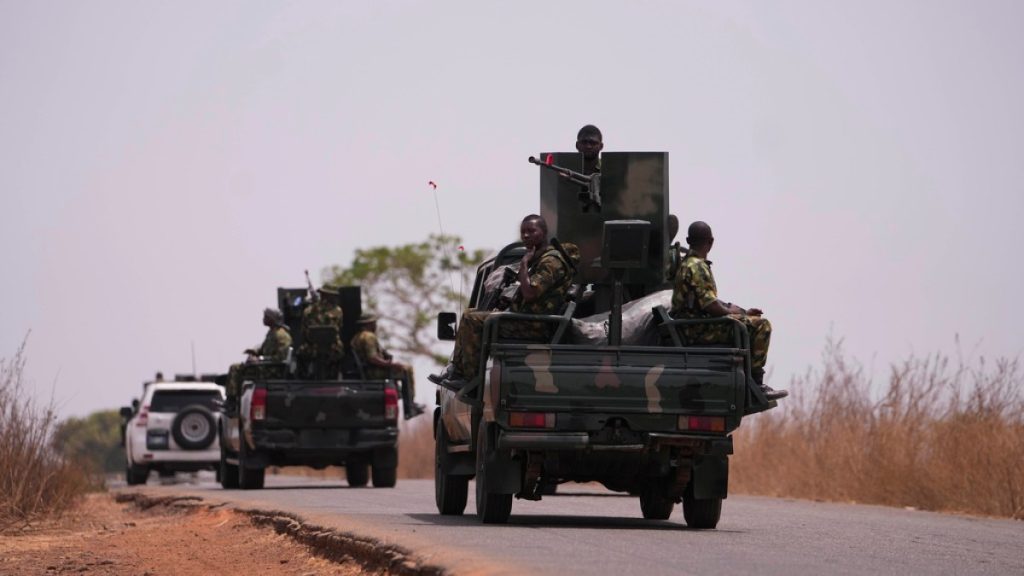The main separatist group in Nigeria’s restive southeast region, the Indigenous People of Biafra (IPOB), has denied responsibility for a deadly attack on a checkpoint in Abia State that left 11 people dead. The Nigerian military blamed the assault on IPOB, but the group’s spokesperson, Emma Powerful, attributed the attack to politically motivated “criminals.” Major-General Edward Buba, a defence spokesperson, vowed a strong military response to ensure the total defeat of the perpetrators.
The attack occurred as the region observed Biafra Day, marking the start of a three-year civil war in 1967 that resulted in over a million deaths, mostly due to starvation. Despite the timing of the attack, IPOB stated that it had ordered people to stay indoors and did not condone violence during the commemoration. The Nigerian government has labelled IPOB a “terrorist” organization and accused it of inciting ethnic tensions by alleging genocide against the Igbo people. Recent years have seen a rise in attacks on police, soldiers, and electoral offices in southeastern Nigeria, with authorities blaming IPOB’s Eastern Security Network paramilitary wing.
Nnamdi Kanu, the leader of IPOB and a British citizen, is currently on trial in Nigeria on terrorism charges after being arrested in Kenya in 2021. The ongoing unrest in the southeast has added to the challenges faced by the Nigerian government and military, which are already struggling to contain attacks and kidnappings in the northwest, a long-standing rebellion in the northeast, and clashes between herders and farmers in central regions. The government’s ban on IPOB and its designation as a terrorist group have further fueled tensions in the region, exacerbating the cycle of violence and instability.
The separatist movement in southeastern Nigeria, led by IPOB, continues to demand a separate state for the ethnic Igbo people and has been met with a heavy-handed military response from the Nigerian government. The violence in the region has intensified in recent years, with attacks on security forces and government institutions becoming more frequent. The government’s crackdown on IPOB and the Eastern Security Network has further inflamed the situation, leading to further unrest and bloodshed in the region. As the conflict continues to escalate, there are concerns about the impact on civilians caught in the crossfire and the long-term consequences for stability in Nigeria.
The international community has expressed alarm at the deteriorating situation in southeastern Nigeria and the escalating violence between separatist groups and government forces. Efforts to mediate the conflict and find a peaceful resolution have so far been unsuccessful, with both sides digging in their heels and refusing to compromise. The continued clashes and loss of life in the region have raised fears of a broader humanitarian crisis and increased instability in a country already grappling with multiple security challenges. As the conflict shows no signs of abating, there are growing calls for dialogue and de-escalation to prevent further bloodshed and bring an end to the cycle of violence that has plagued southeastern Nigeria for decades.


